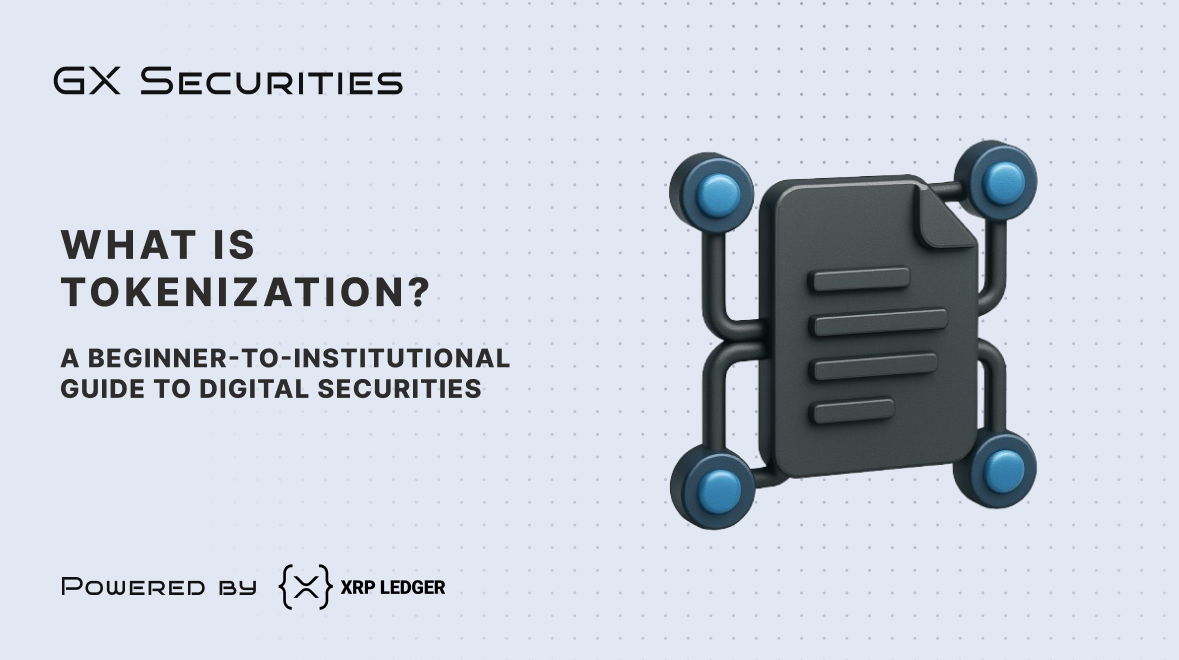
Alright, so when you hear 'tokenization,' just imagine taking everyday assets, things like your usual stocks and bonds, even a piece of a property – and turning them into digital tokens. These tokens then live on a shared, really secure online system, kind of like a digital ledger, often a blockchain. As finance gets more high-tech and everyone's pushing for clearer dealings and smoother operations, this tokenization idea is looking like it's going to be a pretty core part of how the whole financial world works. As the financial world gets more tech-savvy and wants things to be clearer and run smoother, tokenization is shaping up to be a really important building block for how markets work. For big institutional investors, getting their heads around how these digital securities operate and how they fit into the rules set by places like Switzerland and the EU is becoming key if they want to play in the next generation of financial products.
Financial market infrastructures are undergoing a digital transformation driven by distributed ledger technologies (DLTs). Tokenization lies at the core of this shift, offering a means to issue, settle and manage financial instruments in a digital-native format. In traditional markets, processes like onboarding, compliance, clearing and settlement are fragmented and expensive. Tokenization streamlines these workflows, enabling real-time settlement, automated compliance and enhanced auditability.
According to GX Securities’ presentation to FINMA, tokenization platforms are helping address inefficiencies in accessing alternative markets by reducing entry barriers, operational overhead and liquidity constraints.
At its core, tokenization involves representing rights to an asset, such as equity, debt, or fund units, via digital tokens issued on a blockchain network. Institutional platforms like GX Securities leverage the XRP Ledger (XRPL) to deliver high-speed, low-cost transactions while maintaining full auditability and regulatory alignment.
Key infrastructure features include:
Smart Contracts: Automate compliance tasks (e.g., KYC/AML checks) and enforce asset-specific rules.
Multi-Signature Wallets: Institutional-grade custody solutions for token holders.
Hybrid Ledgers: Public ledgers (like XRPL) are used for transparency, while private ledgers manage sensitive investor data.
Compliance Oracles: Feed real-time regulatory data to smart contracts, ensuring token behavior aligns with legal frameworks.
These infrastructure components fulfill requirements under regulatory regimes such as Article 73a FinMIA in Switzerland, which mandates secure, transparent and orderly trading environments for DLT securities.
Institutions are increasingly using tokenization to access alternative investments through structured, compliant channels:
DLT256: A profit-sharing digital security offering exposure to Bitcoin mining infrastructure, combining energy optimization with recurring revenue models. Issued under Swiss FinSA and EU MiFID II and hosted on XRPL.
GXF (GX Flex): A security token tied to AI data center infrastructure, delivering 80% of net GPU leasing profits to investors. It enables fractional ownership of AI infrastructure, a traditionally inaccessible asset class.
ALT (ALTVolt): Provides institutional access to clean energy infrastructure via tokenized exposure to smart grids and PPAs. Structured to distribute stable, recurring income while aligning with ESG objectives.
Each of these offerings uses tokenization not merely as a technology layer but as an operational model, digitizing the full lifecycle from issuance to secondary trading.
Institutional adoption hinges on compliance. Tokenized securities must adhere to multiple layers of regulation:
Swiss FinSA and CO Art. 973d: Establish rules for tokenized securities offerings, including investor protections, periodic disclosures and governance oversight.
MiFID II (EU): Applies to token offerings marketed within the European Economic Area, emphasizing suitability assessments, risk disclosures and reporting.
FINMA Article 73a FinMIA: Regulates DLT-based trading facilities in Switzerland, covering custody, IT systems and operational integrity.
Token issuers must integrate AML/KYC solutions, ensure wallet compatibility and design fallback mechanisms (e.g., clawbacks) to meet these jurisdictional requirements.
Tokenization is shifting from a pilot-phase innovation to a market infrastructure layer. While challenges remain, such as fragmented liquidity and regulatory harmonization, DLT-based platforms are maturing rapidly.
Key trends to monitor:
For institutions, tokenization is not just a new asset class, it’s a new paradigm for financial operations.
Discover how GX Securities leverages the XRP Ledger for compliant DeFi infrastructure and tokenized asset operations on XRPL | Contact us at compliance@gxsecurities.com or send us an inquiry
Disclaimer
GX Securities operates solely as a DLT infrastructure provider and this article does not constitute financial advice or an offer of securities.
By entering, you confirm that you are an institutional or professional investor eligible under applicable regulations. Retail investors are not permitted. If you are not eligible, please exit.
GX Securities is a DLT infrastructure provider and does not offer investment services, advice or custody. DLT securities content is informational only and not an offer or solicitation.
I acknowledge and agree to the
Terms of Use
Privacy Policy